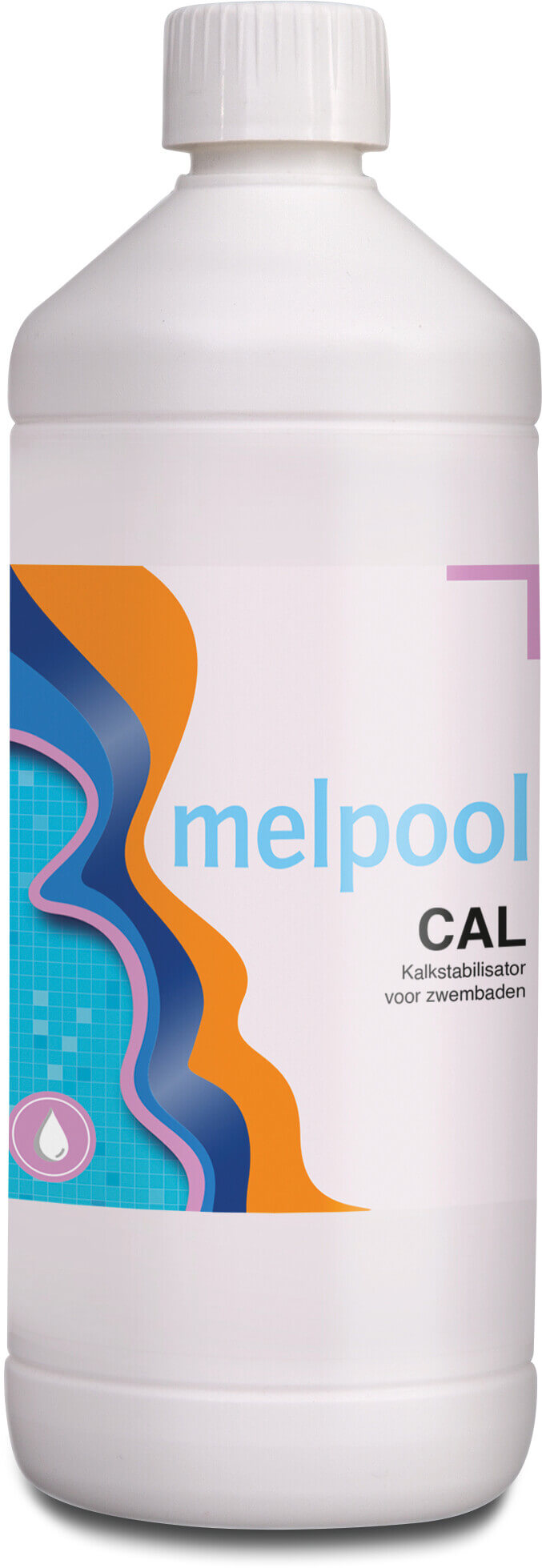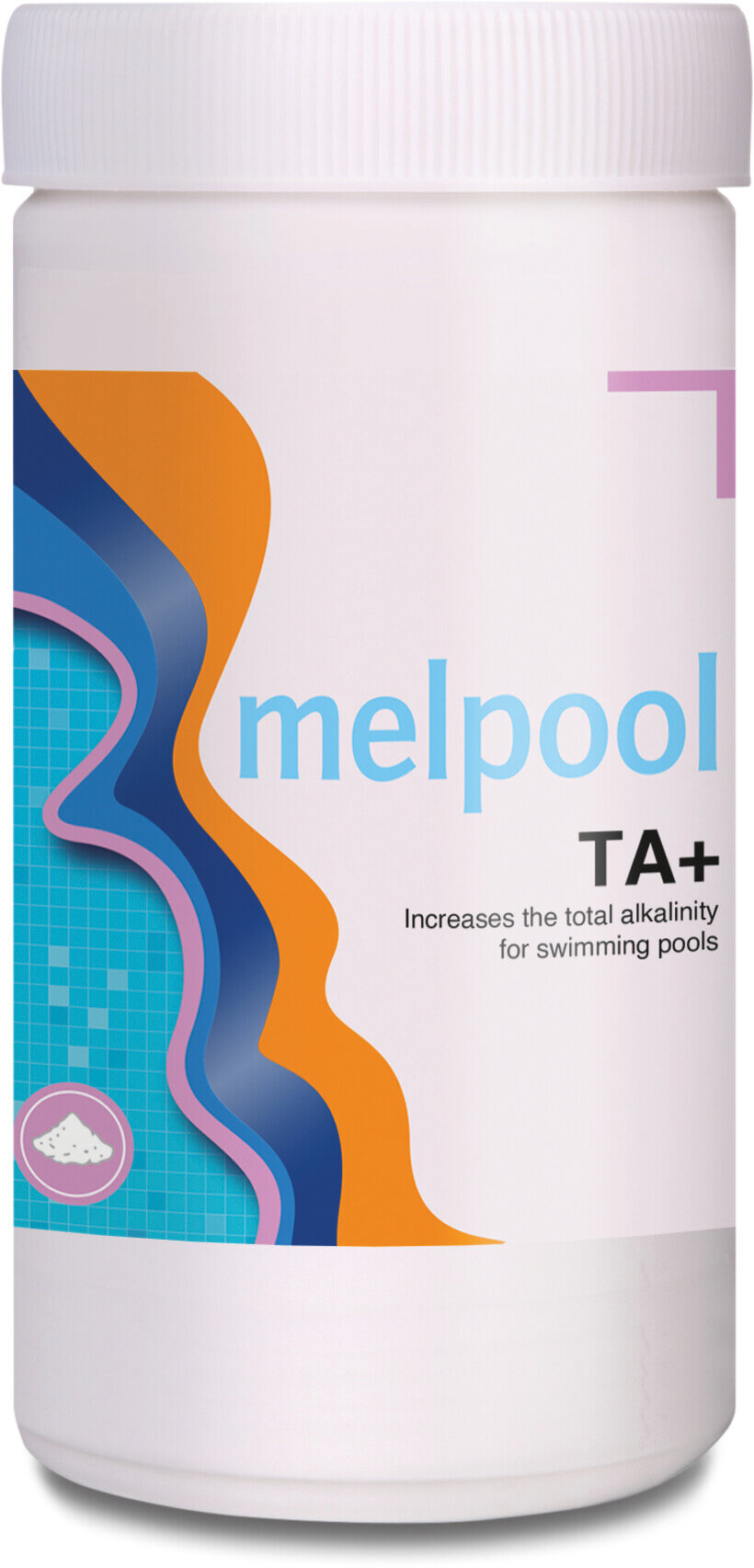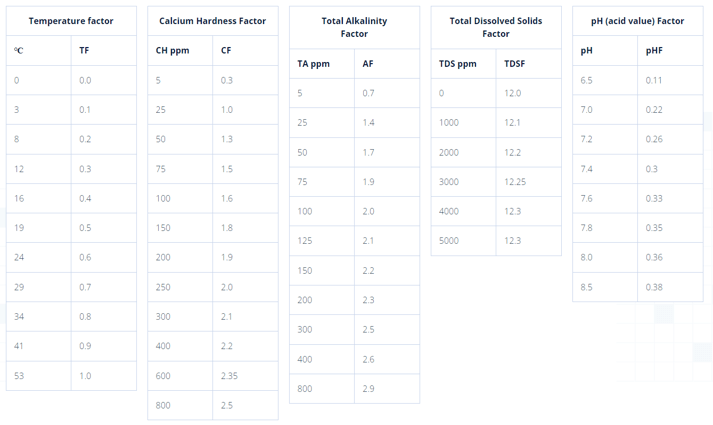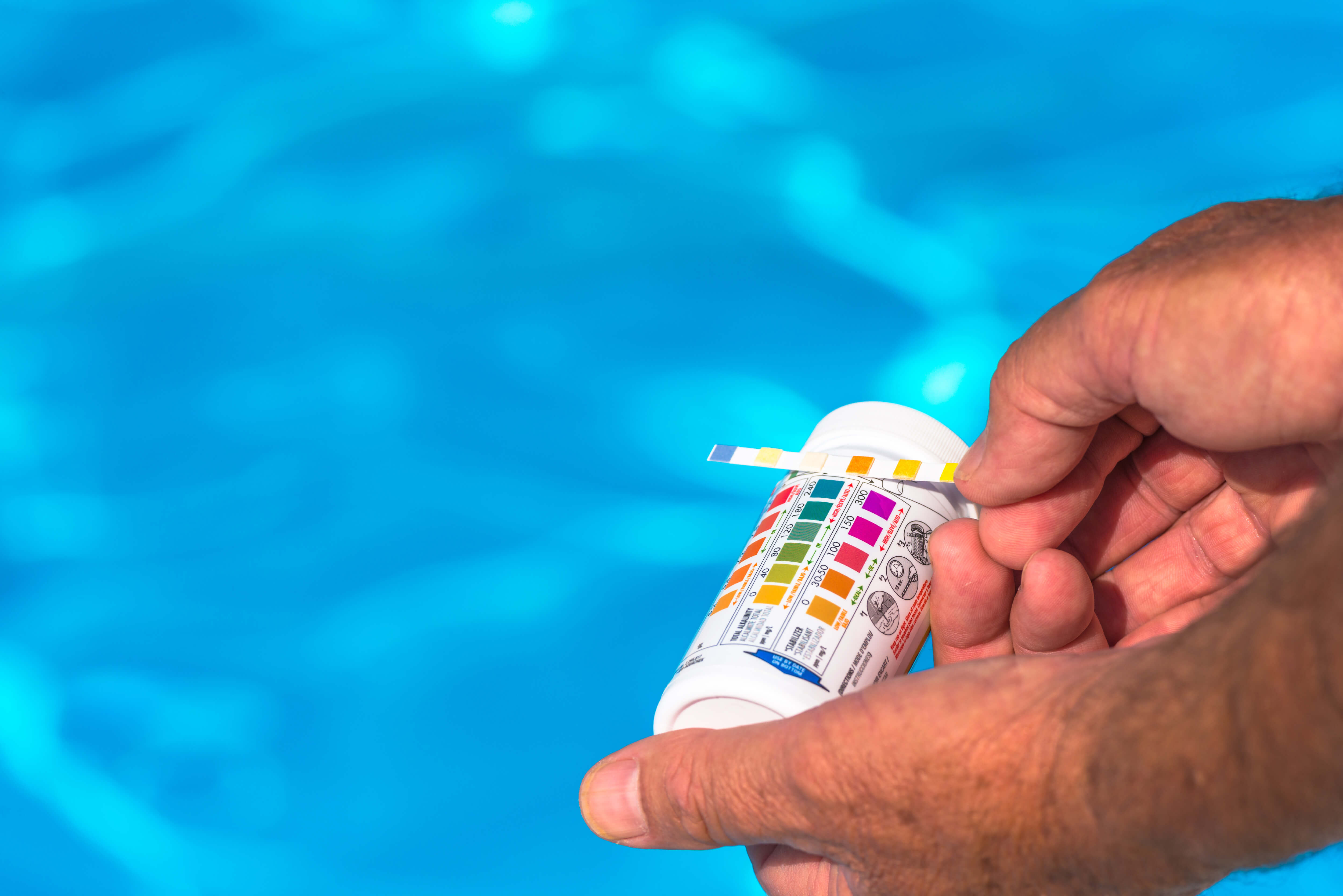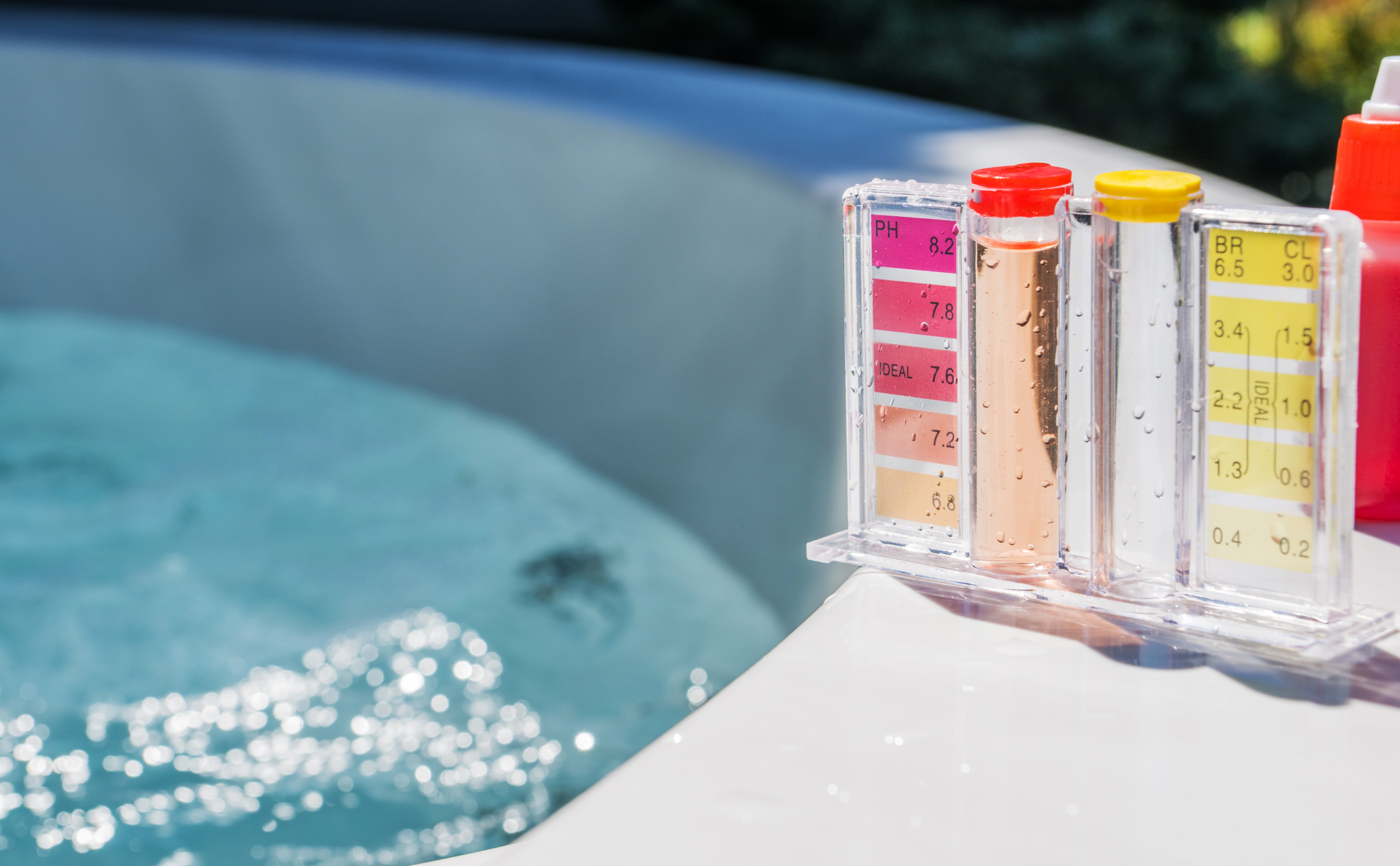Alkalinity solutions: Optimal water balance with Melpool
Maintaining a healthy and crystal-clear pool requires proper water balance. One crucial factor in water balance is alkalinity, which refers to the level of alkaline substances in the water. Alkalinity plays a vital role in stabilising pH levels and preventing corrosive or scale-forming conditions.
We offer specialised pool chemicals, by Melpool, that are specifically designed to effectively adjust alkalinity levels. Our products are formulated with precision to provide you with the means to maintain the ideal alkalinity levels for a sparkling and enjoyable pool.
Popular products
Determining water balance: Parameters to consider
To assess water balance accurately, several parameters need to be measured:
Water temperature in degrees Celsius
The temperature of the water can be measured with a thermometer, while the other parameters require a digital test kit available at professional pool shops.pH value of the water
The pH value should be maintained between 7.2 and 7.6, as it affects the water's acidity or alkalinity levels.Total alkalinity (TA) of the water
TA acts as a buffer against sudden changes in pH levels. The ideal TA value should be between 100 and 150 ppm, and it can be adjusted using Bosta's Melpool pH+ or Melpool pH- chemicals as needed. A too low TA value will result in a tendency t corrosion or a fluctuating pH-value. A too high TA value results in cloudy water, scaling and non-efficient chlorine using.Total quantity of dissolved substances
The total amount of dissolved solids in the water also plays a role in water balance. If you cannot measure it, a value of 1,000 ppm can be assumed, or 2,000 ppm if your water was refreshed over a year ago.
Interpreting the Saturation Index
After calculating the SI, you can determine the water balance using the following table:- +0.3 or higher Scaling tendency
- 0 to -0.3 Acceptable balance
- -0.3 to -0.5 Slight corrosion tendency
- -0.5 or lower Corrosion tendency
Example calculation of Saturation Index:
| Swimming pool parameters | Values | |||
| Temperature |
|
| ||
| pH |
| |||
| CH (calcium hardness) |
|
| ||
| TA (total alkalinity) |
|
| ||
| TDS |
|
|
Maintaining water balance with our pool chemicals
Discover Melpool pH+ and Melpool pH-, alongside our specialised products, designed to effortlessly adjust pH levels, total alkalinity, and calcium hardness. Safeguard your pool's longevity and enjoy pristine, crystal-clear water all season long as Bosta's expertise and premium pool chemicals take care of maintaining a perfectly balanced pool environment. Assessing water balance accurately with the Saturation Index and considering parameters like pH and total alkalinity has never been easier. Trust in our range of pool chemicals to restore and maintain the ideal water balance for an unparalleled pool experience.
Safe water: Optimal pH
pH value is a measure of the acidity or alkalinity of water, with a range of 0-14 indicating acidity, neutrality, or alkalinity. Maintaining an optimal pH level is critical for various industrial and environmental applications, including water treatment, agriculture, and aquaculture, as well as ensuring safe and healthy water for human consumption.
Safeguarding water: Essential analysis
Water analysis is a crucial process that involves the comprehensive examination of water samples to determine their physical, chemical, and biological properties. This essential information plays a vital role in assessing water quality, ensuring its safety for human consumption, and safeguarding environmental health.
Algae control: Clean water
Algae can be a significant problem in bodies of water, causing a range of issues such as odors, discoloration, and reduced oxygen levels. Algae removal techniques such as chemical treatments, filtration systems, and physical removal methods can effectively address and prevent the growth of algae, ensuring clean and safe water for recreational and environmental purposes.


